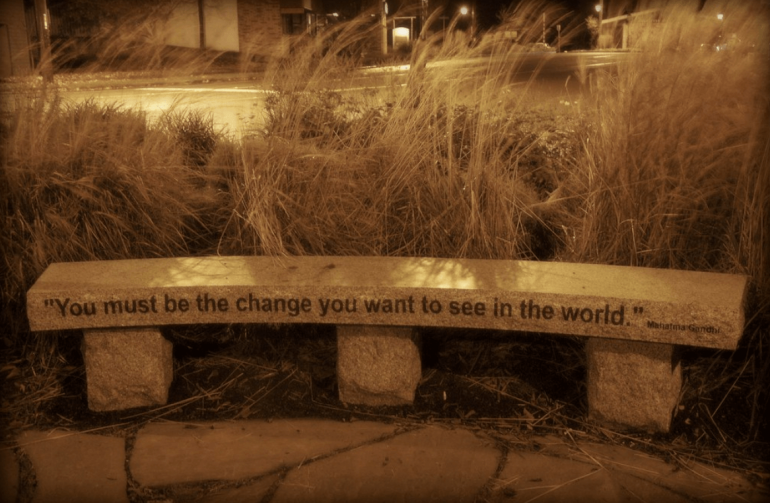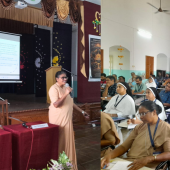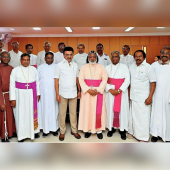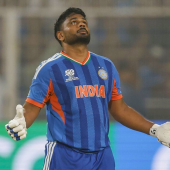Indian Christians to observe martyr’s day with fasting, prayers on January 30

Indian Christians to observe martyr’s day with fasting, prayers on January 30
The Christian community in India will observe Martyrs Day–the anniversary of the assassination of Father of the Nation Mahatma Gandhi—with nationwide fasting and prayers for the unity and progress of the country.
The 102-year-old All India Catholic Union’s call for a day of fasting and prayers on January 30 has been endorsed by the Catholic Bishops’ Conference of India, the National Council of Churches in India, and the Evangelical Fellowship of India. Between them, these three organizations represent the Catholic, Protestant, and Evangelical Independent churches that minister to the Christian community which numbers 2.3% of the population of India.
The fasting prayers will be organized in thousands of places in the country, covering every state and Federal Territory.
The Indian Christian community is as old as the religion and historically traces its roots to the arrival in Kerala and Tamil Nadu of Apostle Thomas, a disciple of Jesus Christ, in the first century of the Christian era. The community’s role in education, health, and the empowerment of women, Dalits, and Adivasis, is universally acknowledged.
The Martyr’s Day observance will be without speeches, slogans on political signage. It will be silent. The banners will focus on two messages. The first reminds us that the Christian community is, and has always been, peaceful and peace-loving. The second says in clear terms that the Church does not believe in religious conversions by fraud or force, said Lancy D Cunha, national president, All India Catholic Union (AICU).
AICU is the largest association of India’s Catholic laypeople.
The community recalls that Gandhi is one of the greatest moral forces the modern world has seen. His peaceful resistance led to the Independence of India in 1947.
In the second half of the Twentieth century, it became the example with which people in Africa, Asia, and Latin America shed the yoke of European colonialism.
Gandhi single-handedly intervened when during the Partition between India and Pakistan in 1947, two communities had clashed. Unarmed and using the powerful instrument of fasting and prayer, Gandhi challenged and quietened people who wanted to kill each other.
"My life is my message,” he had said. His message of non-violence has become immortal.
Gandhi’s assassination on January 30, 1948, was an attempt to kill this message — the gift of communal harmony and coexistence of many religious groups who wanted to live together as they had lived in India since the time of St. Thomas. The assassins failed to kill Gandhi’s ideas and his legacy.
“On Martyrs Day, we solely affirm our solidarity with people worldwide who love freedom, democracy, equality, and peaceful co-existence. Without these, peace and development are difficult not just in India but everywhere in the world. This is the message and resolves we bring to our countrymen in our prayers wherever our community lives in India,” said D Cunha in a press statement.
According to him, Gandhi’s message of non-violence alone will preserve and strengthen India’s unity in diversity.
India is a multi-religious, multi-lingual and multi-cultural country. For years, attacks on religious minorities such as Christians and Muslims exponentially have increased.
Meanwhile, pro-Hindu nationalistic political parties tend to promote divisions on religious lines polarizing people and various communities with Hindu ideology.
Radio Veritas Asia (RVA), a media platform of the Catholic Church, aims to share Christ. RVA started in 1969 as a continental Catholic radio station to serve Asian countries in their respective local language, thus earning the tag “the Voice of Asian Christianity.” Responding to the emerging context, RVA embraced media platforms to connect with the global Asian audience via its 21 language websites and various social media platforms.














